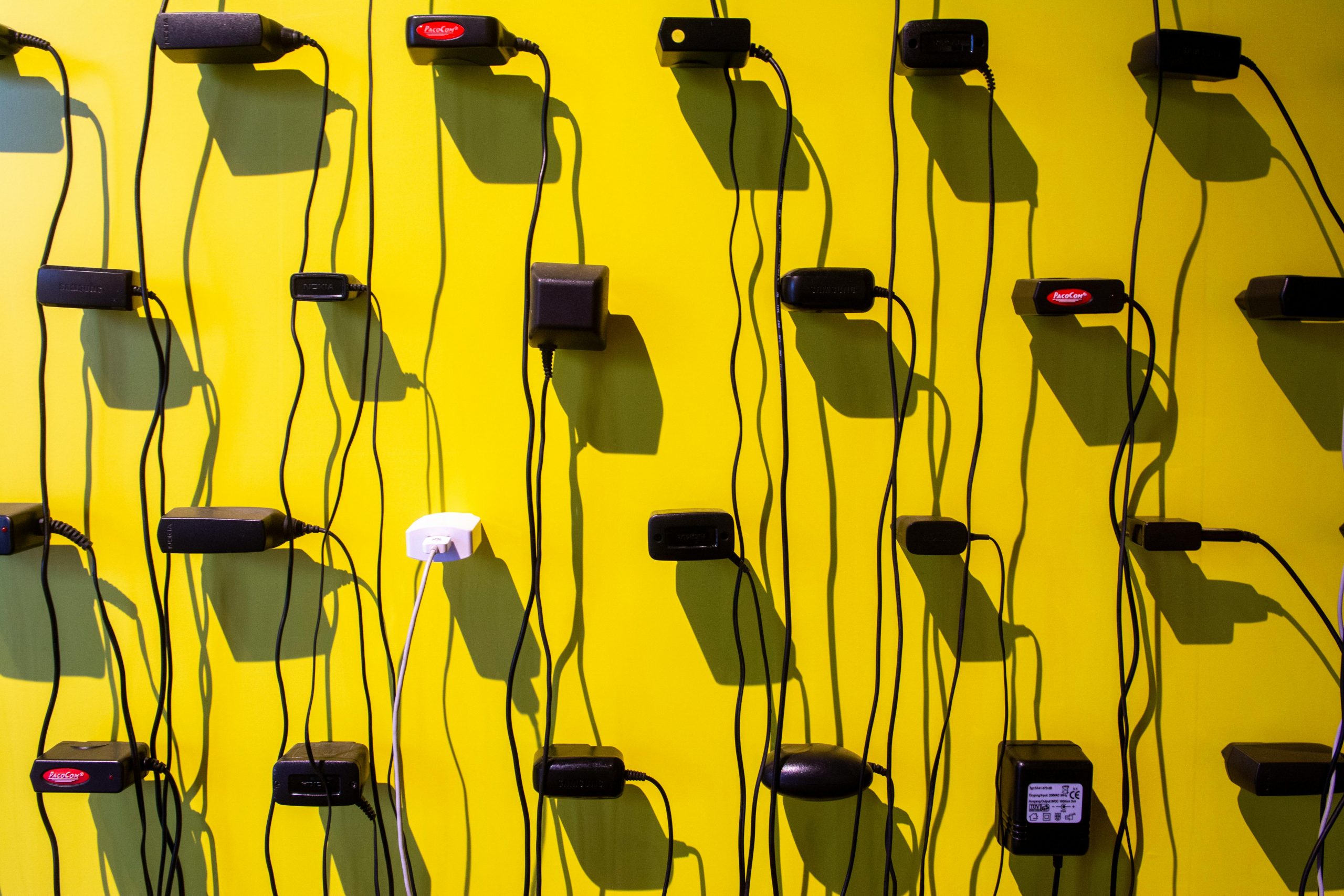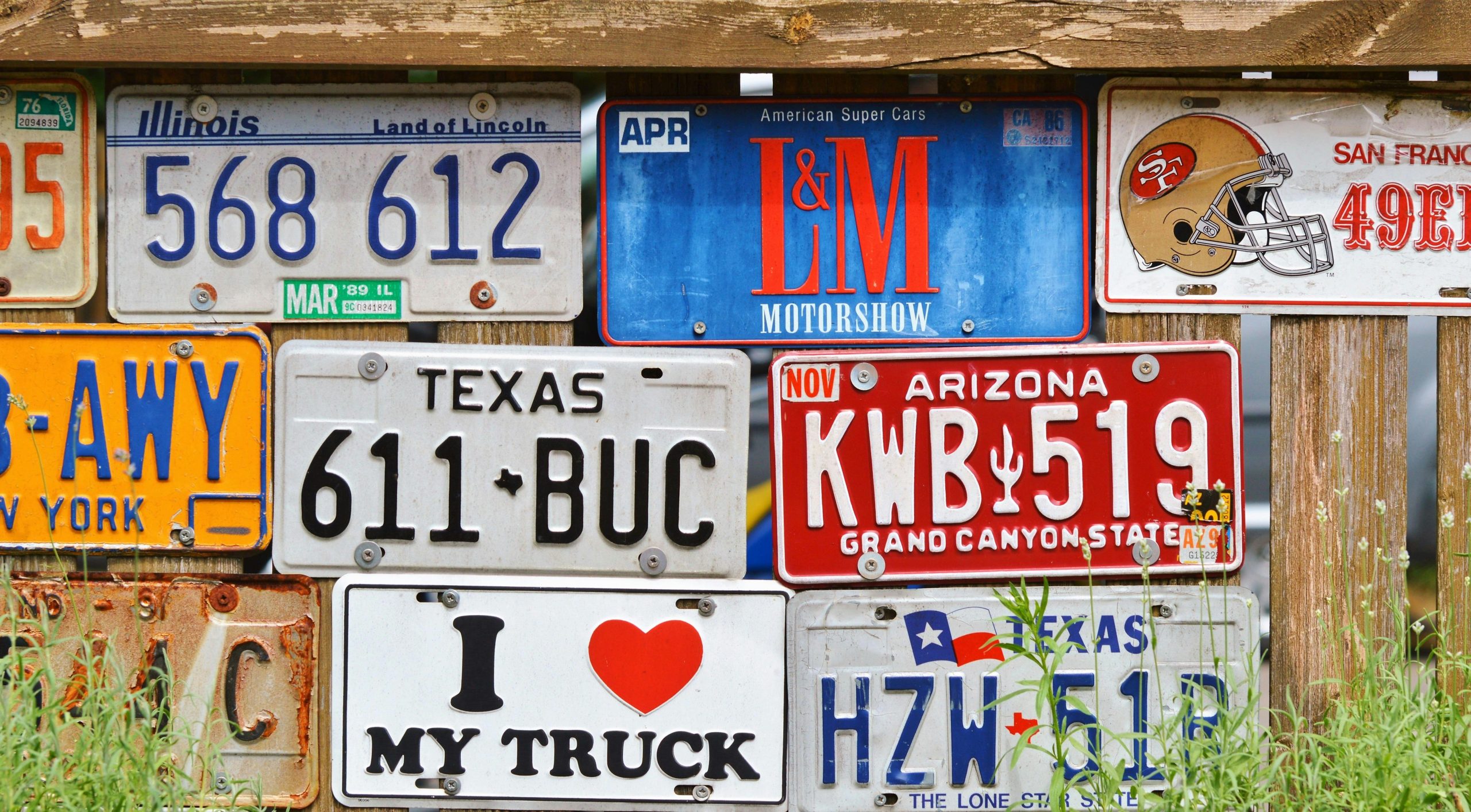Liability and Determining Fault
I’m in California, and about a month ago, a woman sideswiped me while attempting to merge into my lane. She had been signaling for quite a while (as shown in my dash cam footage) and had plenty of chances to move over. Ultimately, she tried to change lanes while I was passing her and struck my rear passenger door. After reviewing the footage, I noticed she hesitated for just a moment before moving into my lane. My insurance company agrees that I am not at fault, noting that a turn signal is simply a “notification, not a right.”
However, the other driver’s insurance (Connect, powered by AMFAM) is only willing to accept 85% liability for her, placing 15% of the blame on me. They referenced a different dash cam video they received. My insurance has denied the 15% liability, maintaining that I was in my lane for at least 10 minutes and wasn’t required to give her the right of way.
I have a couple of questions: Is the other party’s insurance obligated to provide the new dash cam footage they claim to have? And is it possible for them to switch to 100% liability for the other driver? Has anyone experienced a situation where the other insurance company eventually accepted full liability? Apologies for the lengthy post, but I appreciate any insights! Thank you in advance!




It sounds like you’re dealing with a frustrating situation, but it’s good that you have dash cam footage to support your case. In California, liability in car accidents is often determined by the concept of “fault,” which can be shared in some circumstances.
Regarding your questions:
Disclosure of Dash Cam Footage: The other party’s insurance company is not legally required to provide you with the dash cam footage they’ve received. However, you can request it directly, and they may choose to share it, especially if you express that you believe it supports your position.
Liability Shift: It’s possible for the other party’s insurance to change their stance on liability if new evidence (like favorable footage) comes to light. However, since your insurance company has already determined you are not at fault, they may contest any claim of shared liability.
Cases of Full Liability Acceptance: Yes, there have been instances where insurance companies have initially assigned partial liability but later accepted full liability as negotiations continued or more evidence was presented. It often depends on the strength of the evidence from both sides and how the negotiations play out.
Since you’re dealing with different insurance stances, it might also be helpful to consult with a legal professional who specializes in auto accidents to get a clearer idea of your options moving forward. Good luck!